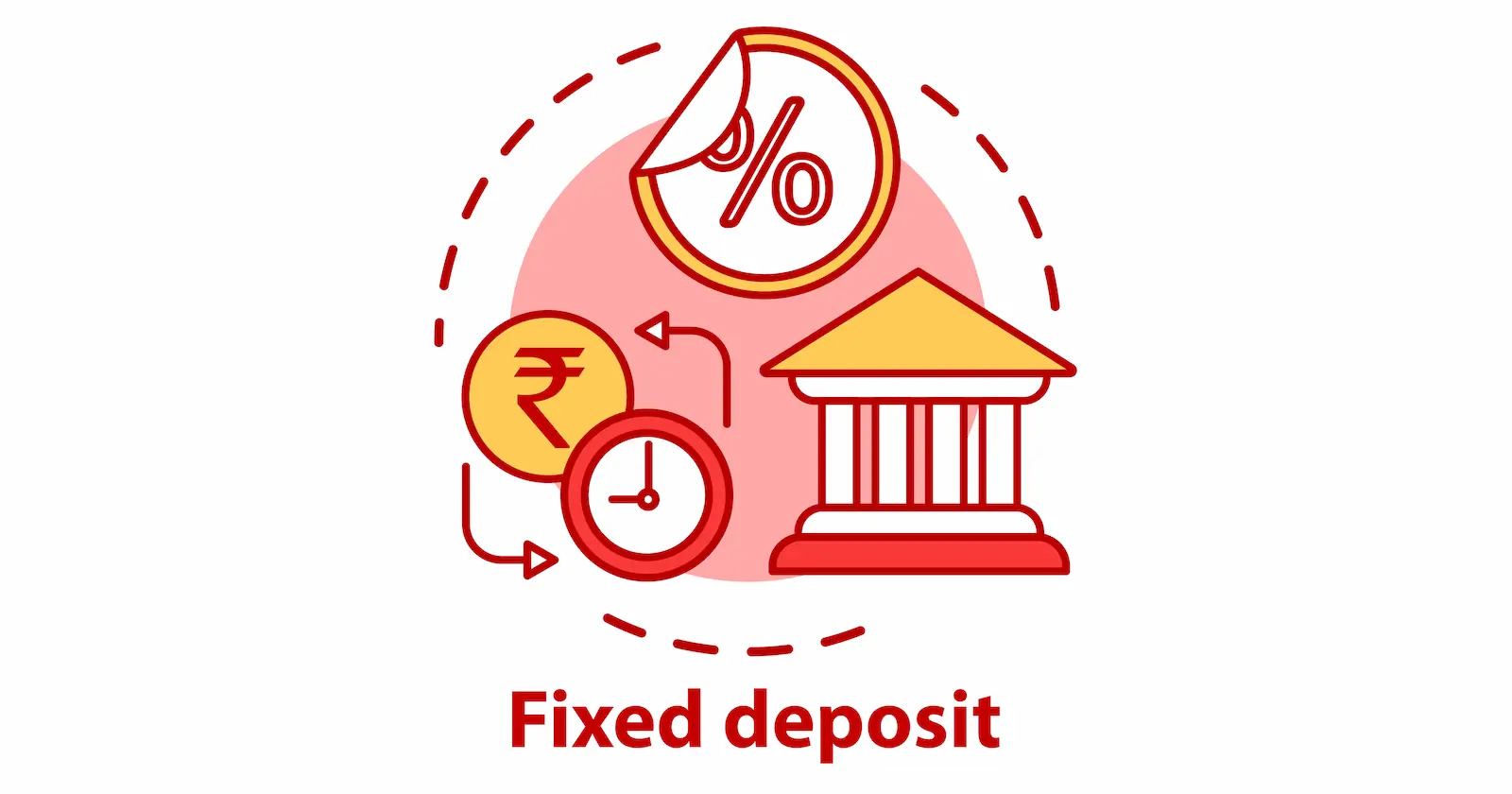This tax-saving investment has its own set of pros and cons, as discussed below:
Advantages of investing in a tax-saving FD
- One of the foremost advantages of investing in a tax-saving FD is that you get to enjoy tax benefits in the form of deduction from your total taxable income. Section 80C provides that investment in this kind of fixed deposit is deductible from the total income, up to a maximum of ₹ 1.5 lakhs. So, by parking your funds in a tax-saving FD, you can reduce your taxable income and consequently, your tax liability.
- Tax-saving fixed deposits also pose an extremely low risk when compared with certain other tax-saving investments such as ELSS. This is because fixed deposits do not possess any market-linked elements that can influence the rate at which your investment grows. The rate of interest offered by banks remains fixed throughout the tenure of the FD.
- Any individual can open a fixed deposit account with a bank or a financial institution. Fixed deposits place no restrictions on investors. So, salaried employees, self-employed assessee, and businessmen, among others, are all free to open an account and invest in a tax-saving FD to avail the tax benefits offered by section 80C.
- Senior citizens, in particular, can benefit significantly from tax-saving FDs. This is because most banks and financial institutions offer a higher rate of interest on fixed depositsfor investors above the age of 60. Tax-saving FDs also provide this advantage to senior citizens who opt for this tax-saving investment.
Downsides of investing in a tax-saving FD
- To avail the tax benefits offered by section 80C, you’ll need to remain invested in the tax-saving FD for 5 years. This lock-in period is a mandatory condition, and investors cannot prematurely withdraw the funds parked in the fixed deposit. It is also not possible to avail loans or enjoy any overdraft facilities on this tax-saving investment.
- While the investment itself is eligible for tax benefits, the interest earned on the tax-saving FD is not exempted from tax. You can choose to receive the interest payout on a monthly or an annual basis. Alternatively, you could also choose to have it reinvested. Whichever course of action you choose, the interest is taxable upon receipt, as per your tax bracket.
However, deduction under section 80TTB is allowed to senior citizens.
- As per section 80 TTB - Senior citizens to be allowed a deductions on account of interest on deposits where the gross total income of an assessee includes any income by way of deposits, a deduction of:
In a case where the amount of such income does not exceed in a aggregate Rs 50000, the whole of such amount, and
In any other case, Rs 50000
- If the inflation rate is high, you need to evaluate whether your tax-saving FDs are giving you an interest rate that is beating inflation. This is the downside of investing in relatively safer investments and must be carefully evaluated. Returns lower than inflation rates can result in long term wealth erosion.



Comments